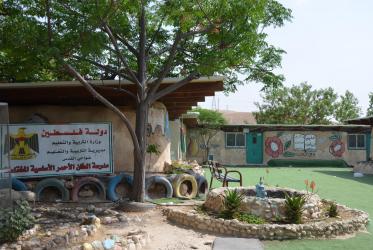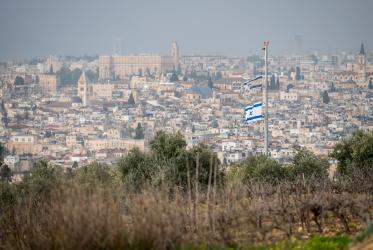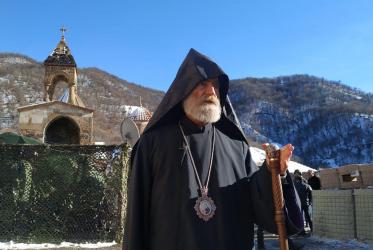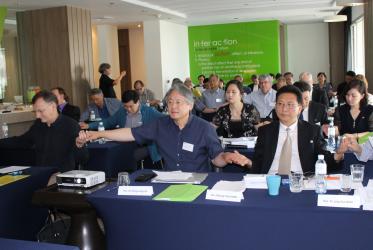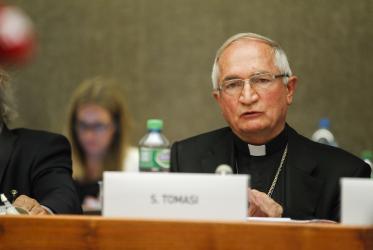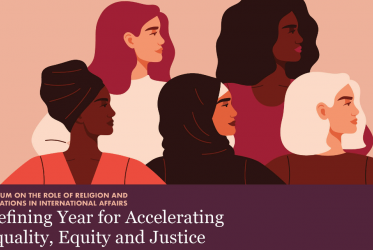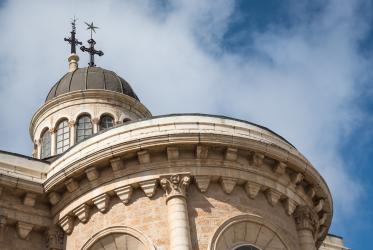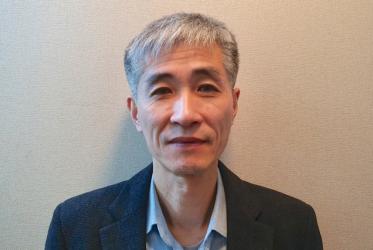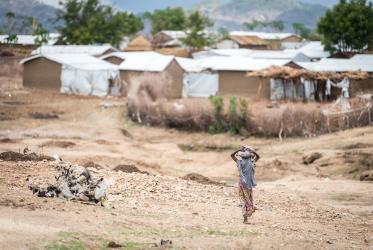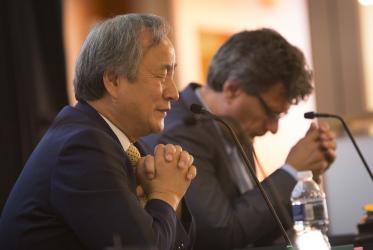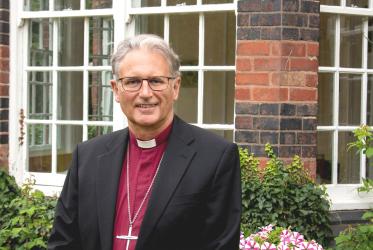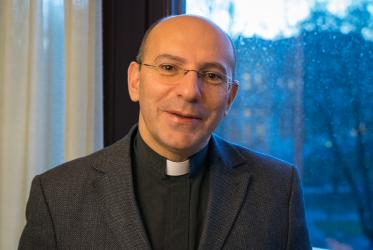Displaying 161 - 180 of 198
30 March 2021
East Jerusalem: Denied citizenship and the vote
30 March 2021
Peace and unity on the Korean Peninsula matters globally
25 February 2021
Rev. Shin Seung-min: “We want to create hope, not despair”
22 December 2020
Bishop Hee-Soo Jung: “Prayer is a radical action”
11 December 2020
“Coventry Cathedral continues to speak a word of hope to the world”
10 December 2020
Palestinian Christian peace worker yearns for courageous leaders
10 December 2020
A hopeful, but not optimistic Palestinian ecumenist
09 December 2020

